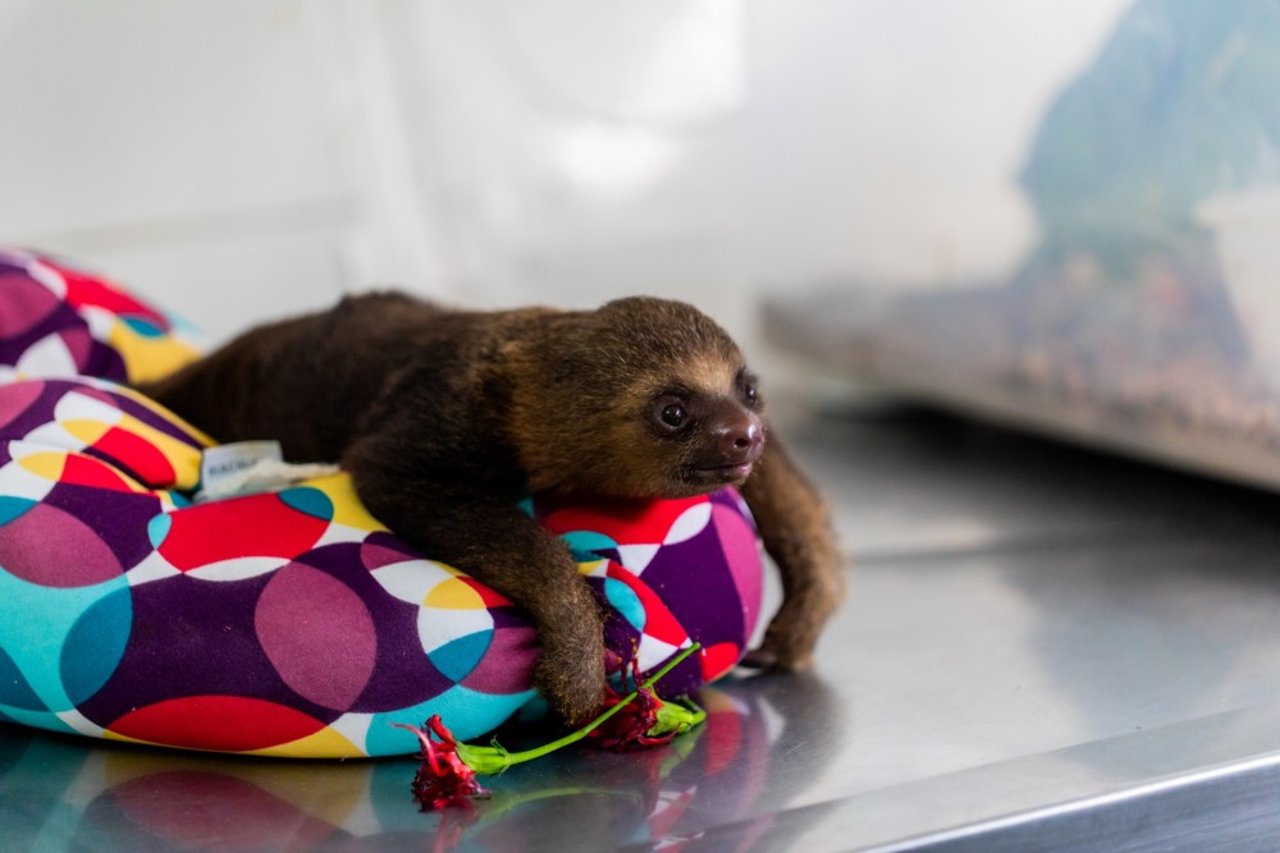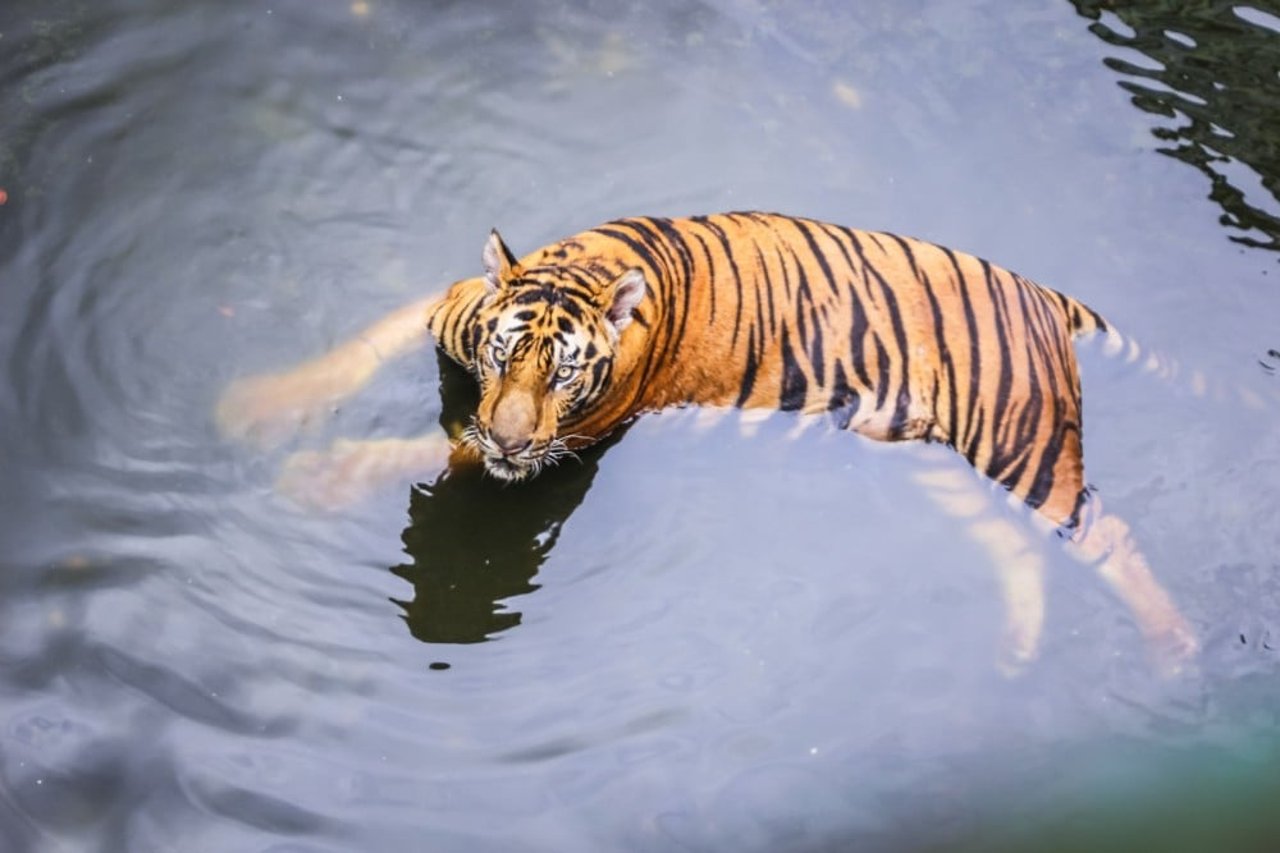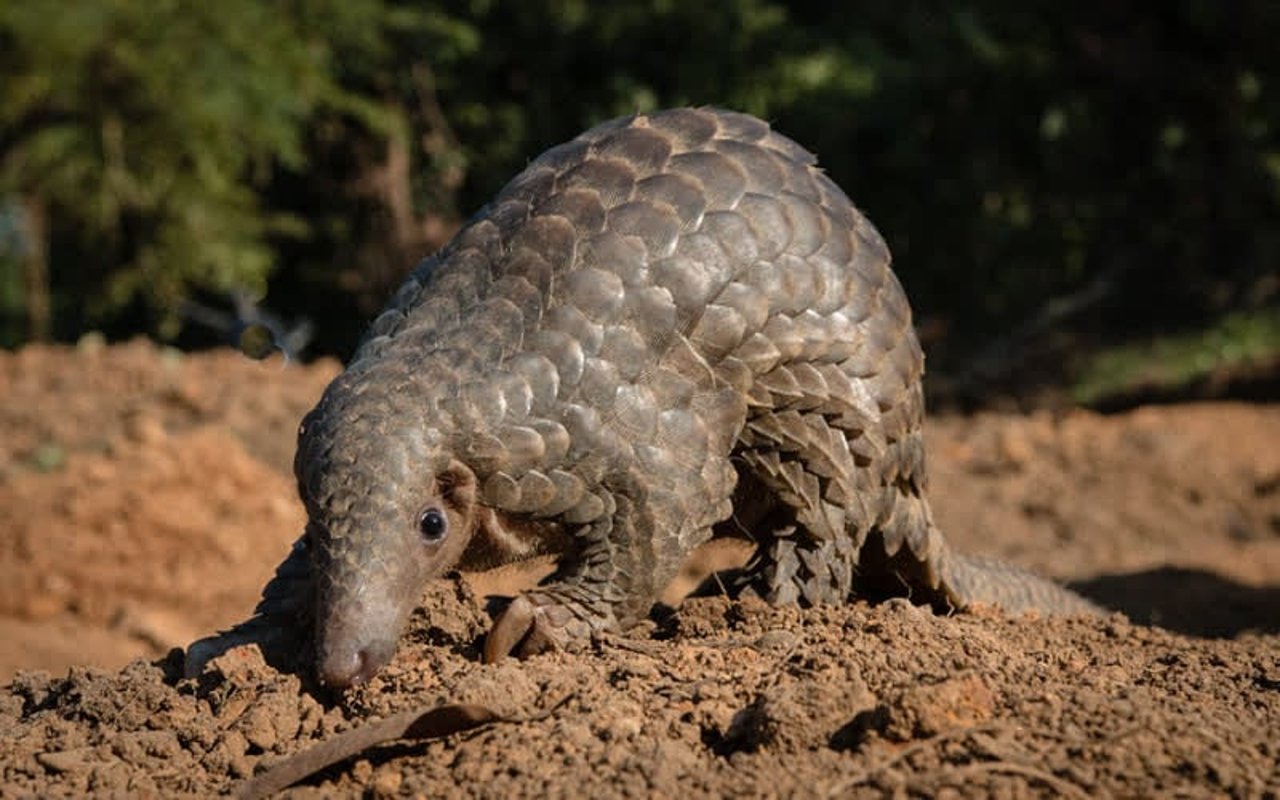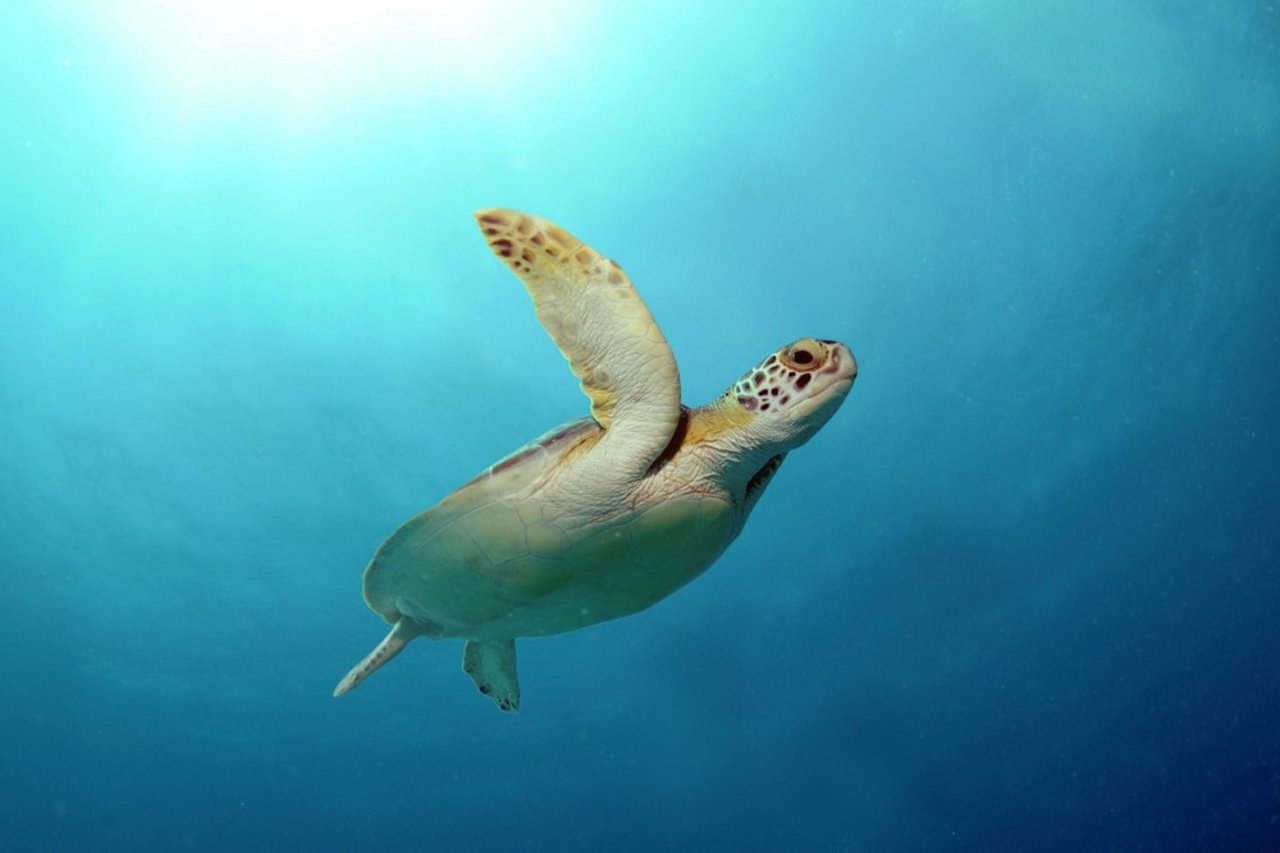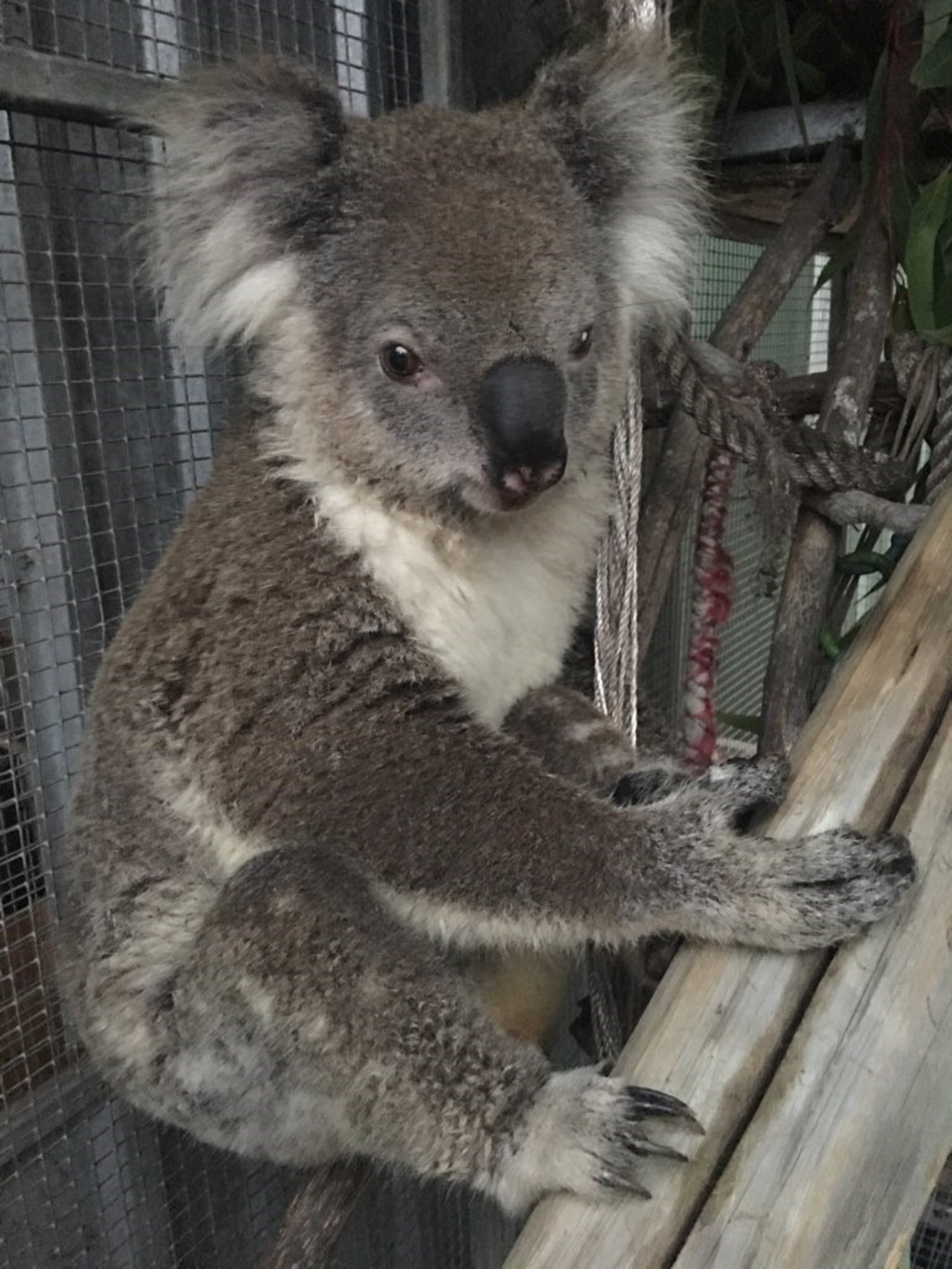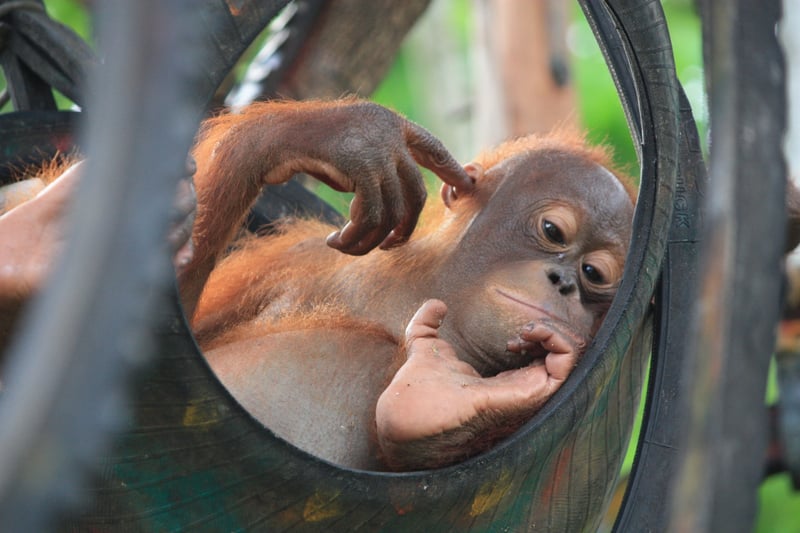
Six solitary animals that have mastered social distancing
News
While some of us are finding it hard to adapt to social distancing and self-isolation, some animals like the solo life
Many people in countries hardest hit by the coronavirus pandemic are struggling to avoid contact with others and stay at home.
But social distancing is common for many animals. With possible exceptions for mating and raising their young, these six solitary animals spend most of their lives without the company of others.
Image credit: Noelly Castro
Sloths are slow and solitary animals who only gather in groups when they are going to mate.
Tigers love alone time so much they claim large areas of forest all to themselves once they're old enough to leave their mothers.
Pangolins are perfectly protected in scales and adapted to living life solo except when coming together to mate.
Orangutans prefer to spend their lives alone hanging out in trees, only meeting others when it's time to mate.
Image credit: Michelle de Villiers
Sea Turtles will meet up for mating and nesting seasons, when these sea animals will get together in groups, but otherwise they're happy on their own.
Image credit: Hunter Wildlife Rescue
Female koalas usually stay in home ranges while male koalas are travellers, except for larger dominant males. If male koalas cross paths, they may get into fights.
Together, we are all facing challenging times but our work to protect wild animals like these never stops.
Together, we are all facing challenging times but our work to protect wild animals like these never stops.
